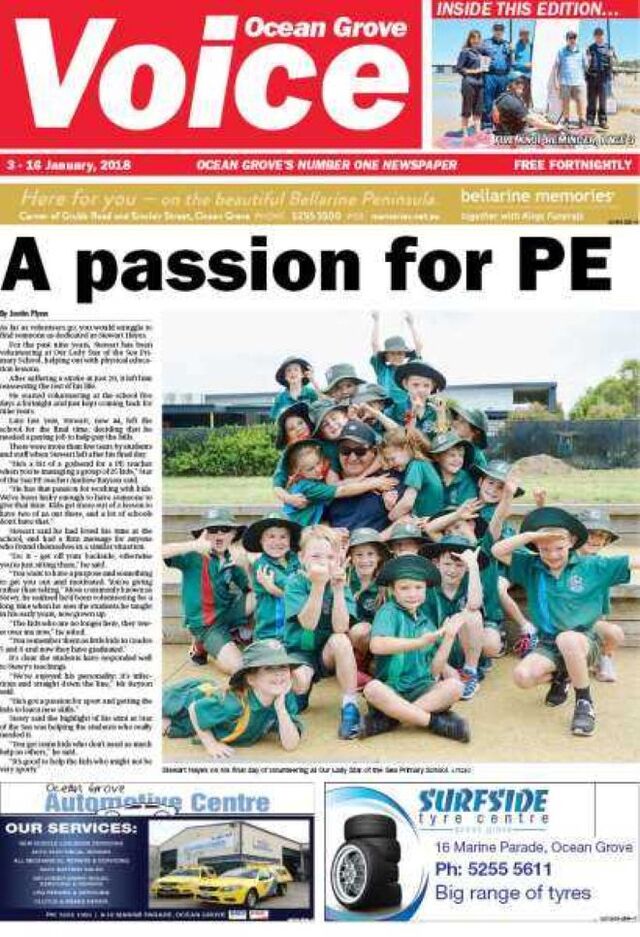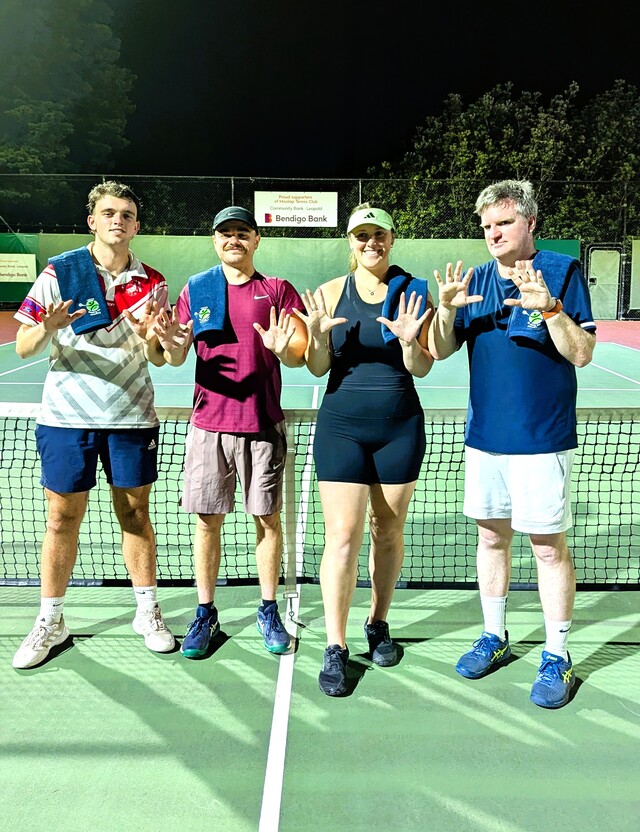Voice journalist JUSTIN FLYNN examines the epidemic and pure evil that is drink spiking and what it is doing to young people at pubs and clubs and how an Ocean Grove woman is tackling the issue head on.
“What drives me is getting the message out. It’s bringing drink spiking to the forum and getting people to talk about it. It takes one second for someone you love to be drink spiked and be sexually assaulted or robbed.”
Drink spiking is on the rise and an Ocean Grove woman is doing something about it.
Michelle Hoffman, who moved to Ocean Grove from Bendigo two months ago, invented a drink glass cover called Slip Me Not, which helps prevent drink spiking.
The device works as a type of recyclable plastic wrap by covering the entirety of a glass, allowing just enough space for a straw. The space also allows the liquid out without having to take off the cover so people can still drink from the glass with the wrapper attached. The cover can be used three times before being discarded and can be scrunched up without affecting its performance. At $3.50 for a pack of five, it’s an inexpensive way to stay protected during a night out.
However, Michelle has put the Slip Me Not on the backburner while she considers an upgrade and a new look. The Slip Me Not will be back on sale in the near future, though.
Michelle’s son Zachary has also played a huge role in the development of the Slip Me Not, developing the website, handling social media and shop orders.
“It takes one second for someone to spike a drink,” Michelle said.
“The journey hasn’t been about sales of the Slip Me Not for me, it’s about bringing this message out to the public. Back in 2000, a close friend was sexually assaulted after drink spiking by one of her friends. She was 15. It was so devastating.”
Drink spiking mainly affects young women aged between 15 and 35, but it can happen to anyone. The motive is usually sexual assault, but it is sometimes done as a ‘joke’, often by people known to the victim.
Young men have been targeted by former girlfriends who are intent on revenge, while men have also been drink spiked with the intent to rob them.
Drink spiking is difficult to prove and therefore is often not reported to police.
Michelle said ketamine (sometimes used as a horse tranquiliser) and GHB were the main drugs used to spike a drink, but often it was as simple as adding extra shots of vodka to a drink to affect a young and inexperienced drinker. Vodka has no taste and is a clear liquid, which can’t usually be detected.
Michelle said a new elephant tranquiliser is all but certain to hit Australian shores in the future.
Alcohol is the most commonly spiked drink, but it can also be added to tea, coffee, soft drinks, juice and even milkshakes.
“It’s been a journey of enlightenment for me to see just how sinister this is,” Michelle said.
“What drives me is getting the message out. It’s bringing drink spiking to the forum and getting people to talk about it. It takes one second for someone you love to be drink spiked and be sexually assaulted or robbed.”
While sales of the Slip Me Not have been shelved for the time being while Michelle considers rebranding, the website still contains a host of information about drink spiking. Go to www.slipmenot.com while www.betterhealth.vic.gov.au/health/healthyliving/drink-spiking is a useful source of information.









